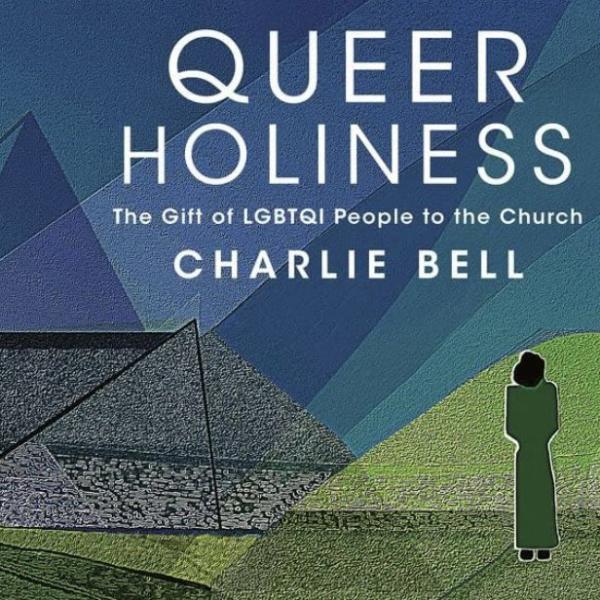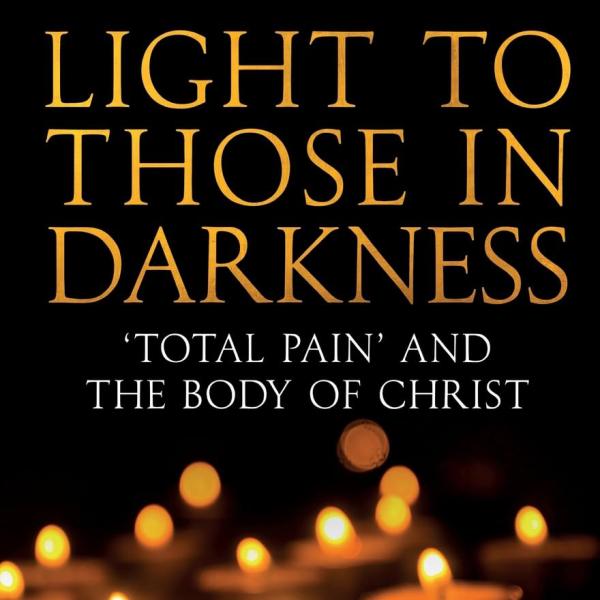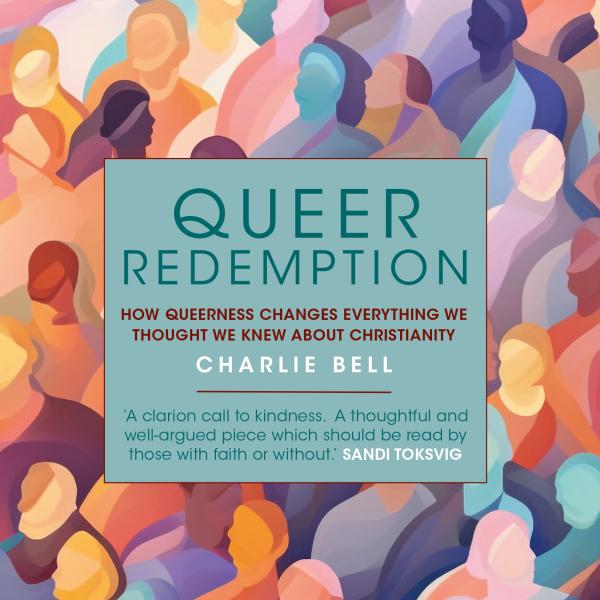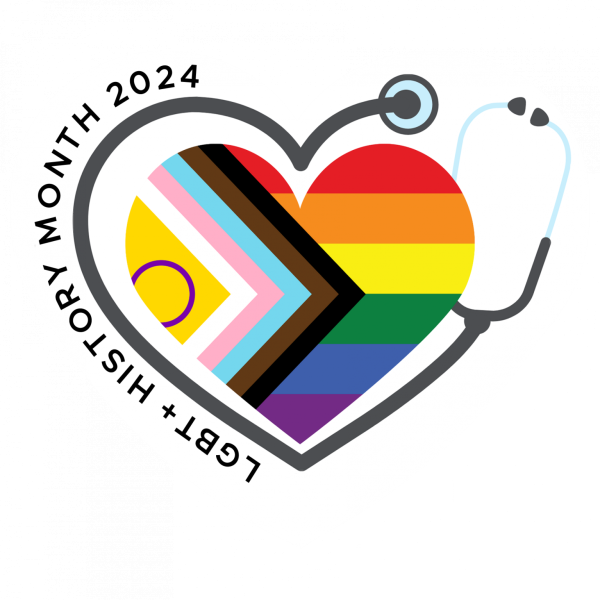As a psychiatrist and a gay man, I think the first thing I want to do when thinking about LGBT+ History Month is recognise quite how far my discipline has come over the years.
Queer history and psychiatric practice have not always been good bedfellows. It’s not that long ago that homosexuality, let alone other identities found under the queer banner, was medicalised, stigmatised, and considered treatable by psychiatrists, being included in our diagnostic manuals and fair game for medical management. That era’s long shadow remains in some places, but in general the psychiatrists I’ve been privileged to work alongside see LGBT+ people not as a problem to be solved but as colleagues, friends, patients, loved ones, to be nurtured and cherished. There is a high proportion of LGBT+ identifying people working in mental health, and more and more attention is paid to the importance of tackling those things that really blight LGBT+ lives – key amongst them being stigma.
I’ve been lucky that in most of the professional roles I’ve inhabited – with the sad exception of the Church of England, in which I’m an ordained priest – we have moved beyond mere ‘tolerance’ to LGBT+ people to genuine celebration. The commitment by every major and credible psychiatric and psychological society, faculty, and college, to fight against the evils of conversion therapy, and to advocate for better LGBT+ healthcare is something to be celebrated, yet we know the fight is not yet over. Stigma remains a problem, and until society really grasps this – not least in learning about the LGBT+ history that this month is here to promote – then the increased rates of mental health problems amongst LGBT+ people as compared to the general population will never be effectively tackled.
Intersectionality is, for me, at the heart of how we make this difference. Those of us who are somehow ‘different’, however society at large might define that, have a responsibility not only to fight for ourselves but for those who also find themselves ‘othered’. There are clear links between the development of mental illness and social factors, whether that’s stigma, poverty, racism, queerphobia, misogyny, and so much more. That’s not to say there aren’t other components (I’m a biological psychiatrist, after all), but it is to say that if we don’t engage with these key issues then we will never increase our public’s wellbeing to the level we might be able to if we did.
The world of psychiatry that I find myself in is vibrant, exciting, and open to learning and listening – two key things which will continue to transform how we engage with our patients, understand more about what it means to be a human being, and improve our practice. LGBT+ people have been front and centre in this, as have been our Black and other UKME colleagues, psychiatrists who themselves face the stigma of mental illness, and so many others. LGBT+ history month is an opportunity to celebrate the distance we’ve come but never to lose sight of how much more there is to do – and in an age where people have started to talk more openly about their mental health, I’m delighted to be working in a field where a real difference can be made to real lives. There is much to do – and who is going to do it but we ourselves?





